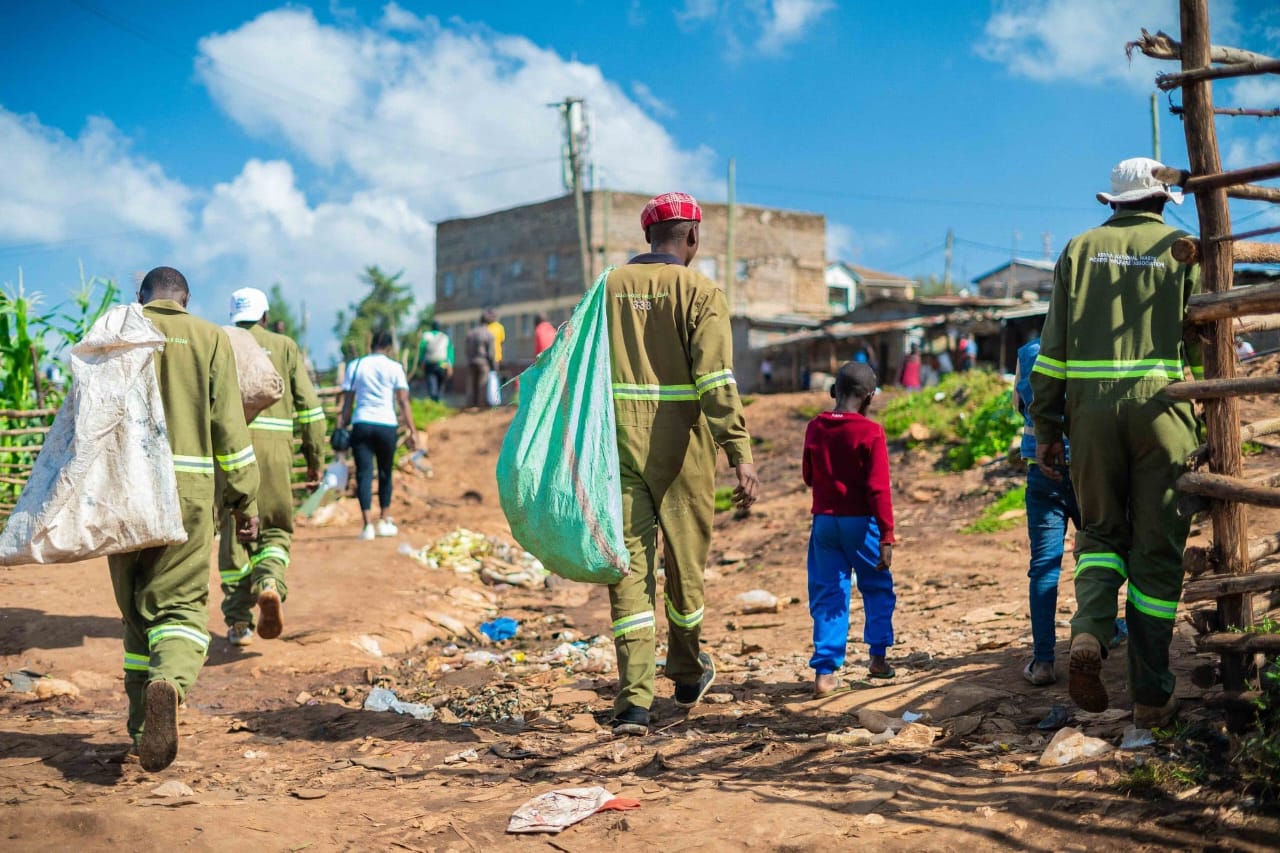
Nairobi faces substantial waste management and recycling issues, despite increased awareness and efforts to solve the issue. While the city produces a large amount of waste, only a small portion gets recycled, with the remainder ending up in landfills and open dumps. The absence of effective infrastructure, insufficient public knowledge, and informal waste disposal techniques all contribute to the problem. However, other organisations, including the Circular Economy Innovation Cluster and private enterprises such as TakaTaka Solutions, are attempting to create a more sustainable waste management system.
Key Challenges: Nairobi’s rapid urbanisation has resulted to increased trash creation, exceeding the capacity of current waste management systems. Limited infrastructure, particularly in informal settlements, leads to illicit dumping and contamination due to inadequate trash collection services. Nairobi has low recycling rates, with most garbage ending up in landfills and open dumps, despite efforts from stakeholders. The informal sector collects waste, but lacks regulation and infrastructure, posing threats to health and the environment.
Inadequate public understanding about waste management and recycling techniques leads to incorrect disposal and limits the effectiveness of recycling efforts. Nairobi’s waste management operations face significant challenges due to the high prevalence of plastic garbage, which is difficult to recycle and dispose of.
Key Initiatives and Organisations: Circular Economy Innovation Cluster: This coalition of stakeholders, which includes government agencies, corporations, NGOs, and garbage workers, is working to establish circular economy solutions for waste management in Nairobi.
Nairobi’s waste management situation is complicated, presenting both challenges and opportunities. While the city confronts considerable challenges in terms of infrastructure, public knowledge, and recycling rates, several projects are being implemented to solve these difficulties. A multi-stakeholder approach, comprising collaboration between the government, corporate sector, NGOs, and communities, is required to build a more sustainable and circular waste management system in Nairobi
